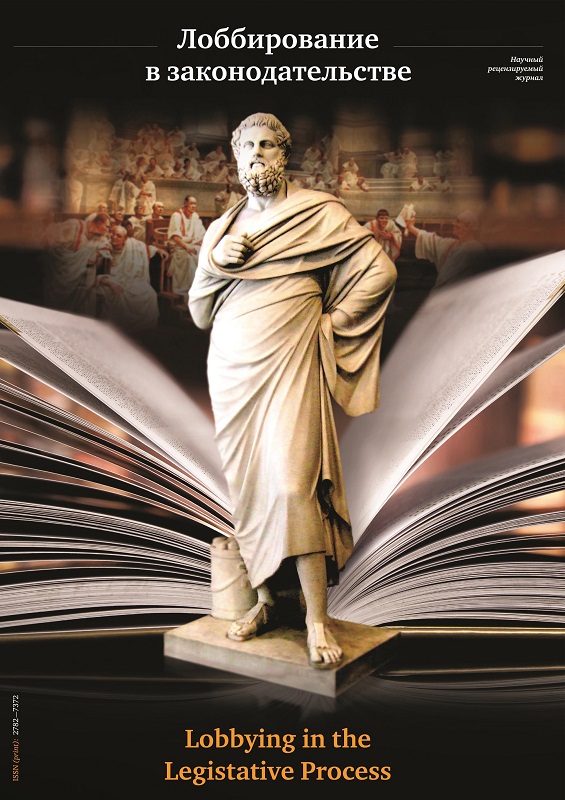Legal basis of cryptocurrency: stages and development trends
- Autores: Petrov D.Y.1, Batishceva V.Y.1, Kolyganova A.S.2
-
Afiliações:
- Russian Academy of National Economy and Public Administration under the President of the Russian Federation
- Ninth Arbitration Court of Appeal of the city of Moscow
- Edição: Volume 3, Nº 4 (2024)
- Páginas: 48-52
- Seção: Private law (civil)
- URL: https://journals.eco-vector.com/2782-7372/article/view/646829
- DOI: https://doi.org/10.33693/2782-7372-2024-3-4-48-52
- EDN: https://elibrary.ru/ANHOCQ
- ID: 646829
Citar
Texto integral
Resumo
The article examines the modern challenges and obstacles faced by cryptocurrency owners, which continue to attract increasing attention from both business structures and ordinary users. Due to their decentralized nature and the ability to ensure anonymity and security of transactions, cryptocurrencies are a unique tool for transferring digital assets and participating in new economic models. Given modern development trends, cryptocurrency can become an integral part of the global financial system, changing the ways of storing and transferring values, becoming a catalyst for the development of new technologies and innovations, increasing the efficiency and transparency of financial transactions.
Palavras-chave
Texto integral
Sobre autores
Denis Petrov
Russian Academy of National Economy and Public Administration under the President of the Russian Federation
Autor responsável pela correspondência
Email: petrov-dy@ranepa.ru
Código SPIN: 1908-4025
Scopus Author ID: 877522
senior teacher, Department of Management State and Municipal Property
Rússia, MoscowVictoria Batishceva
Russian Academy of National Economy and Public Administration under the President of the Russian Federation
Email: vbatischeva@yandex.ru
senior teacher, Department of Management State and Municipal Property
Rússia, MoscowAnastasia Kolyganova
Ninth Arbitration Court of Appeal of the city of Moscow
Email: a.kolyganova1@gmail.com
graduate secretary
Rússia, MoscowBibliografia
- Bauer V.P., Silvestrov S.N., Baryshnikov P.Yu. Blockchain as the basis for the formation of augmented reality in the digital economy. Information Society. 2017. No. 3. Pp. 30–34. (In Rus.)
- Bashkatov M.L. Modern theory of money from the point of view of classical German dogma: Genesis and modern challenges. In: Civil law: Modern problems of science, legislation, practice. Moscow: Statute. 2018. Pp. 42–81.
- Zhuzhalov M.B. Blockchain and the international legal regime of activity in cyberspace. Jurisprudence. 2019. No. 1. Pp. 62–96. (In Rus.)
- Novoselova L.O. On the legal nature of Bitcoin. Economy and Law. 2017. No. 9. Pp. 3–16. (In Rus.)
- Savelyev A.I. Cryptocurrencies in the system of objects of civil rights. Law. 2017. No. 8. Pp. 136–153. (In Rus.)
- Khamenushko I.V. Cryptocurrencies and their mining as an economic reality: Prerequisites for legal regulation. Legislation. 2017. No. 12. Pp. 33–42. (In Rus.)
- Shmelev V.V. Securing money and inflation: The possible role of cryptocurrencies. Banking. 2017. No. 9. Pp. 19–23. (In Rus.)
- Shpak D.A. From the digital economy to the digital state. Electronics: Science, Technology, Business. 2017. No. 2. Pp. 98–101. (In Rus.)
Arquivos suplementares









